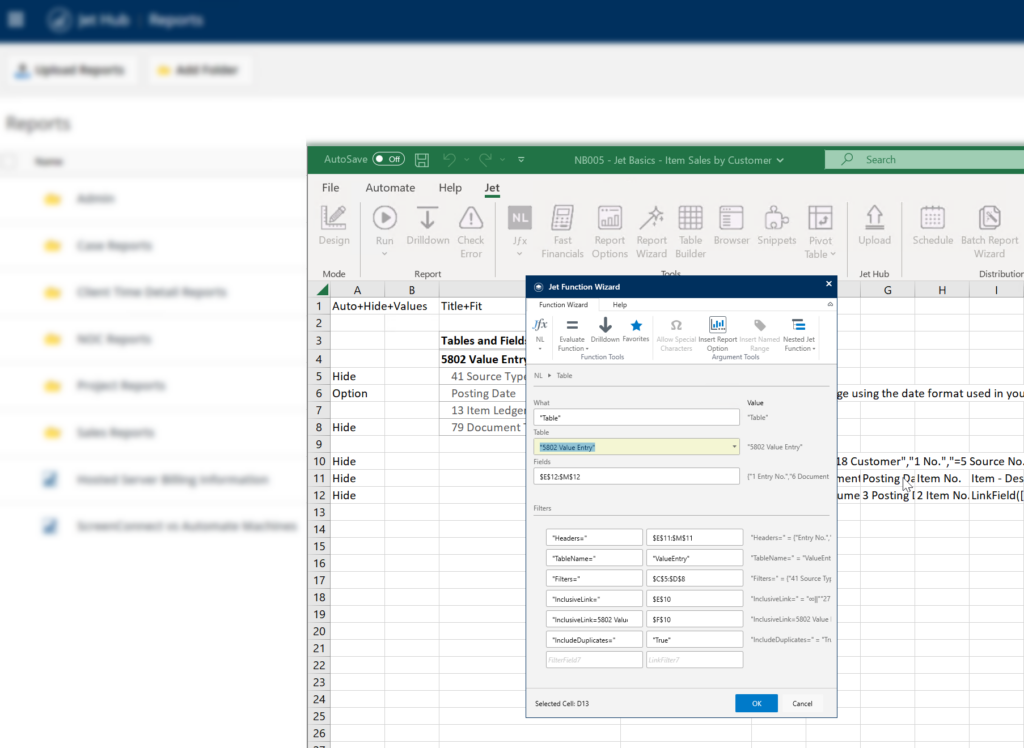When a database isn’t cleaned, a few things can happen:
- Data Bloat: The database can become larger and slower as it stores unnecessary information. This can also lead to increased storage costs.
- Increased Maintenance Costs: Cleaning and maintaining an unclean database can become more difficult, leading to increased costs for the organization.
- Reduced Query Performance: Querying an unclean database can become slow and unreliable, leading to longer wait times for users and reduced productivity.
- Poor User Experience: An unclean database can result in a poor user experience, with users encountering errors or incorrect information when accessing the database.
Reduced query performance in an unclean database occurs when the database contains a large amount of irrelevant or outdated data. This excess data can cause the database to slow down, as the database management system must sift through a larger amount of information to retrieve the relevant data. Additionally, the data may not be organized in an optimized manner, making it more difficult for the database management system to efficiently retrieve the information.
When a user performs a query on an unclean database, it can take longer for the results to be returned, as the database management system has to process more information. This can lead to a poor user experience, with longer wait times and decreased productivity. The slower performance can also increase the load on the database server, potentially causing it to crash or become unavailable. In the worst-case scenario, an unclean database can become so cluttered that it becomes difficult or impossible to use, leading to the need for a complete overhaul.
There are databases behind the scenes of most applications used in business. Jet Reports and the Jet Hub included! The Jet Hub is a good idea for organizations because it allows them to centralize and manage their reporting and analytics data and processes. By way of this centralization, it provides a single location for storing, managing, and sharing reports, data models, and other analytics assets. All of this centralization incurs space within the database behind the scenes, typically named the “JetServices” database.
When users are happy with things running the way they are, it’s easy to overlook maintenance tasks. It’s not until things stop working as intended that maintenance is viewed as an emergency. A database should be cleaned regularly to maintain the integrity and accuracy of the data it contains. Though we often think of our ERP or Data Warehouse databases in this regard, it’s easy to overlook the Jet Reports / Jet Hub / Jet Services database. This is the database behind the Jet Hub and so the database accumulates a set of historical data points for report versions, report runs, and Hub logins. Cleaning the database removes this bloat and ensures that the Hub is reliable for any use. Additionally, regular cleaning can also improve the performance and reduce the size of the database.
Tigunia has developed a set of scripts that we’ll happily share with you to make the cleanup of your Jet Services database easier. Don’t wait until it’s a problem. Be proactive and ensure your users’ Jet Hub experience remains as efficient as possible. Contact us today and let’s change the way you do reporting!
